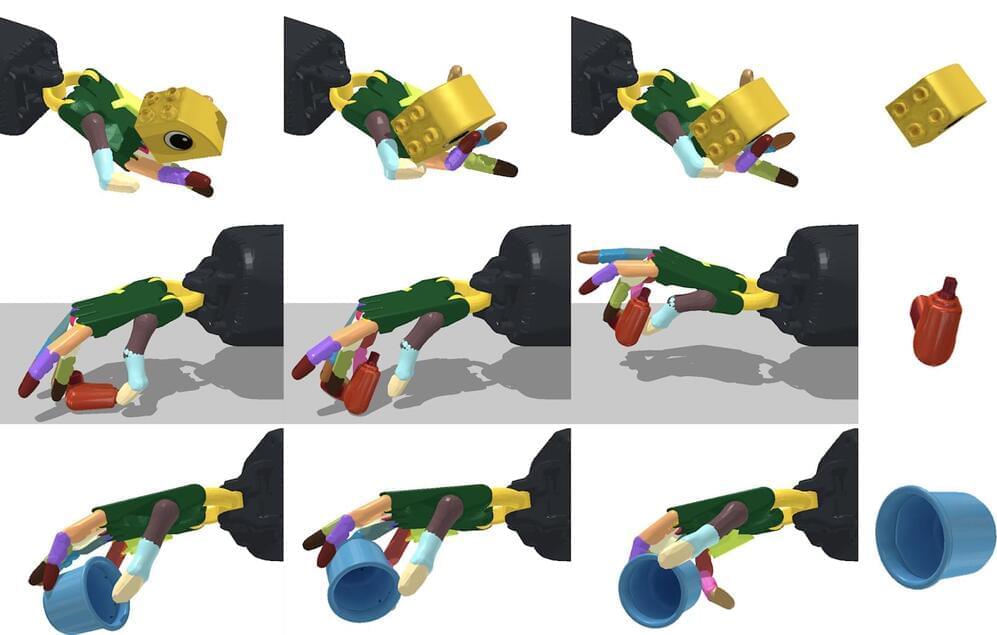AIOps startup Moogsoft has improved its unified cloud monitoring platform for enterprises with a host of new features, including integration with its observability service Datadog.
The updates, according to a statement from the company, improve workflow automation and increase incident context, giving organizations using the platform a more holistic view of their systems as well as deeper actionable insights to diagnose and fix problems in real-time.
“Monitoring alone can’t move businesses forward if they don’t understand the context of what went wrong. Context achieved through observability helps customers make sense of data and illustrates how to prevent issues from happening again,” explained Adam Frank, Moogsoft’s vice president of product management and user experience (UX) design.









